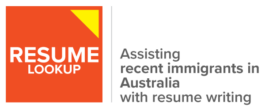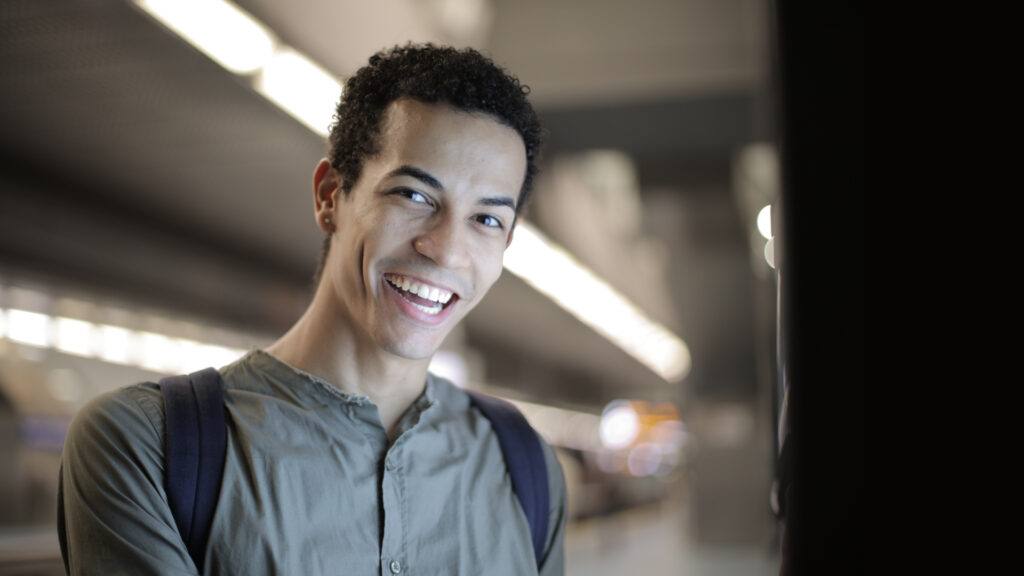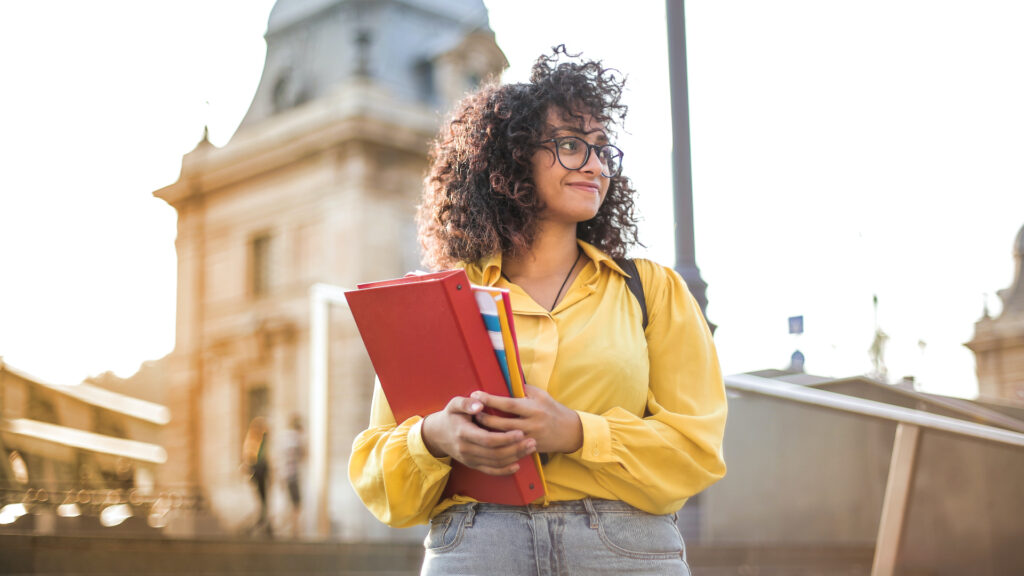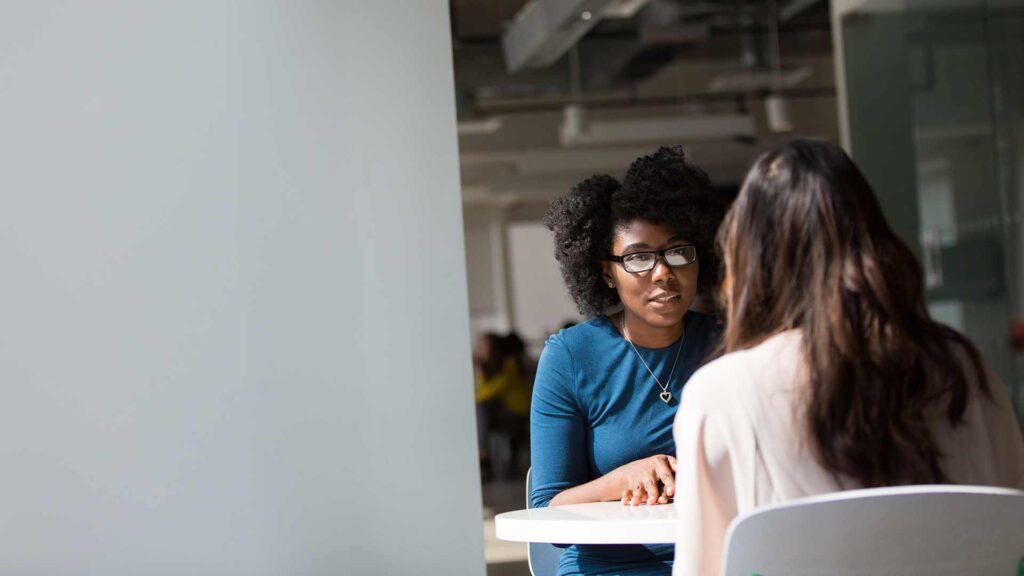Make your moving to Australia stress-free with this comprehensive checklist
Are you feeling unsure about what to do once you arrive in Australia? Our relocation checklist, compiled with the help of other migrants in Australia, provides insider tips and recommendations to help you get settled quickly and easily.
From finding affordable accommodation to navigating the public transportation system, our checklist covers everything you need to know to start your new life in Australia. So why not take advantage of the experience of others and use our relocation checklist to make your move to Australia a success?
Key points
- Transportation Preparation: Coordinate your pick-up plans with friends or community members before arriving to ensure a smooth transition to your new city.
- Communication and Connectivity: Set up a local mobile phone account and internet connection as soon as you arrive to stay connected with loved ones and access essential services.
- Paperwork Essentials: Apply for a Tax File Number (TFN), open a bank account, and consider health insurance options to establish your financial and healthcare foundation in Australia.
- Housing Strategy: Secure temporary accommodation through platforms like Airbnb or budget hotels while actively registering with real estate agents to find permanent housing options.
- Networking for Success: Utilise LinkedIn, contact potential employers, and consider recruitment agencies to enhance your job search efforts and swiftly integrate into the job market.
Before you arrive
Pick up
When you’re preparing to arrive at the airport in a new city, it’s essential to sort out your transportation arrangements beforehand. If you’re fortunate enough to have friends or family in the city you’re moving to, reach out to them and coordinate your pick-up plans. However, if you don’t have any personal connections, don’t worry! You can tap into the power of community by posting in local groups or forums. You’ll be amazed at how many friendly people are willing to lend a helping hand with your pick-up and drop-off needs. So, take a moment to connect with these kind-hearted individuals and ensure a smooth transition to your new destination.

When you first arrive
Arriving Safely
It’s important to let your friends and family back home know that you have arrived safely in Australia. Just do it and keep them informed with most of the major updates – it will save you a lot of hassle later on. You can send them a message or call them to let them know that you have arrived. Once you have done that, make sure you check into your temporary accommodation, whether it’s a hotel, hostel, or AirBnb. If you’re feeling tired from your journey, take some time to rest and adjust to the time difference.
🚩 Don’t put things off, plan ahead instead.
🚩 Make sure to save the phone numbers and addresses of your friends and family members in your mobile phone as you may have to share at immigration.
🚩 Don’t be caught with a dead phone! Make sure to have enough juice before arriving, and resist the temptation to drain it all before meeting your loved ones. Stay connected and charged up!

Set Up Communications
Staying connected with your loved ones is essential, especially when you are new in a foreign country. One of the first things you should do is to set up a mobile phone account by purchasing a local sim. You can choose from various mobile network providers in Australia, depending on your budget and needs. Another important thing is to connect to the internet, whether it’s with an Internet Service Provider (ISP), Wi-Fi or using mobile data.
🚩 Obtain a SIM card in your own name (not your friend/family) and register it with reputable companies such as Telstra, Optus, Vodafone, and others.
🚩 Consider switching carriers according to your specific requirements and financial situation.
🚩 Request your friends and family to prepare travel cards for you and your family ahead of time. These cards, known by different names in different states like myki (Victoria), Opal Card (NSW), metroCARD (SA), SmartRider (WA), GoCard (QLD), Greencard (Tasmania) can usually be conveniently topped up online.
Get Your Paperwork Sorted
To start your life in Australia, you need to get your paperwork sorted as soon as possible. Apply for a Tax File Number (TFN), which is a unique identifier issued by the Australian Taxation Office (ATO) to track your taxation obligations. You may also need to open a bank account if you haven’t done so already, to receive your salary or wages. Additionally, you may be eligible to register for a Medicare card, which is a national health insurance scheme in Australia depending on your visa. This card provides access to a range of medical services and treatments. If you are not eligible for Medicare, consider arranging for private health insurance to ensure you and your family are covered.
🚩 When applying for a Tax File Number (TFN), use an address where you plan to stay for at least six weeks or longer, as the initial TFN correspondence will be sent there. Once you have your TFN, you can update your registered/postal address online, including on your bank profile.
🚩 Open a bank account with a branch that is conveniently located near you. The “big four” banks – NAB, Westpac, Comm Bank and ANZ – are known for their user-friendly mobile apps and services.
🚩 When starting their first “real” job, most people open their first superannuation (super) account. It’s possible to begin with one and switch later if necessary. Here are some well-known names in the super industry:
🚩 If you require private health care including ambulance cover (depends on states), consider organising it separately. While Medicare provides many benefits, the coverage you receive depends on your visa type. Well-known health insurance providers such as Bupa, Health Partners, and Medibank offer various plans. Prices may vary based on your state and individual health needs, so it’s important to compare different options and choose wisely.
Finding housing
If you’re thinking about moving to Australia, it’s crucial to find a place to live ahead of time. In the past (starting Post COVID era), Australia has faced a shortage of available rental housing, particularly in larger cities. Due to high demand exceeding supply, this has resulted in a rental crisis and increasing monthly costs.
🚩 Finding temporary accommodation can be essential for immigrants in Australia during the first few weeks of their arrival. Securing permanent housing before arriving can be difficult due to the need to attend property viewings at short notice. Websites like Airbnb, Flatmates.com.au, Gumtree eand staying in budget hotels can be helpful for finding temporary accommodation until a more permanent place is found. If you have a job lined up, consider checking with your employer to see if they offer any assistance in finding temporary or permanent housing.
Additionally, make sure to connect with local community groups and explore platforms like Facebook Marketplace. Leave no stone unturned in your search for accommodation. Cast a wide net and utilize various resources to maximize your chances of finding the right place.
🚩 When seeking permanent accommodation in Australia, most immigrants opt for renting properties, although buying is also a possibility. Since it may take some time to decide on a permanent settlement, short-term rentals are highly favored. Renting a property becomes easier if you can swiftly find the right place at the right price and make prompt decisions. To streamline the process, consider the following steps:
1. Register with real estate agents in your desired areas.
2. Maintain regular contact with the agents to stay at the forefront of their minds when new properties become available.
3. Prepare all your documentation in advance to facilitate quick decision-making when you come across the ideal place.
Long-term rentals can be found on popular websites like realestate.com.au and domain.com.au. It’s also worth exploring local Facebook groups or other property-related communities for potential options.
🚩 The Australian rental market operates on a points system for verifying identification (ID). Most rental agreements will require 100 points of ID (Your Australian driving license often plays a crucial role in meeting this ID requirement.), but the points value assigned to each form of ID may vary across the country and different real estate agencies.
For example, documents required for rental agreements typically include:
– 100 points of identification (ID): The points value assigned to each form of ID may vary across different regions and real estate agencies. For example:
– Passport: 30-50 points (depending on the agent)
– Driver’s license: 10-30 points
– Medicare card: 10-30 points
– Bank statement or credit card statement: 10-15 points
– Proof of income: 20-30 points
– Proof of employment: Provide documentation such as a job offer letter or employment contract.
– Rental history: If you don’t have a rental history in Australia due to immigrating, explain your accommodation history in your cover letter. Provide contact details for an agent or landlord in your home country.
Ensure you have these documents ready when applying for a rental agreement. It’s important to note that specific requirements may vary, so it’s advisable to check with the rental agency or landlord for any additional documents they may require.
Explore your city and schools
To get familiar with the job market in Australia, you can use the public transport, hire a car and explore the city or even regional Australia, as well as your local area. It’s also a good idea to buy newspapers and watch the news to keep up-to-date with current affairs in the city. This will give you an idea of the types of jobs available, as well as the location of schools, if applicable. You can also find job vacancies, property vacancies, and cars for sale in online community groups.
🚩 If you are immigrating with a child, it is highly likely that you will be searching for schools. In Australia, specific school catchment zones are assigned based on your residential area.
- New South Wales (NSW): School Finder
- Victoria (VIC): Find My School
- Queensland (QLD): School Catchment Maps
- Western Australia (WA): School Local Intake Areas
- South Australia (SA): School Zone
- Tasmania (TAS): Enrolment Information
- Australian Capital Territory (ACT): Enrolling in ACT Public Schools
- Northern Territory (NT): Find a School
If you are a fussy parent and interested in evaluating schools based on factors like rankings, diversity, ISCEA (Index of Community Socio-Educational Advantage), student-teacher ratio, and spoken languages other than English, it is important to conduct thorough research before relying on this data. Some websites that can provide helpful information in this regard are:
Continue your job hunting
To increase your chances of finding a job quickly, make sure to contact potential employers and recruitment agencies to set up job interviews. You can also regularly check current affairs in newspapers and online websites to stay updated with new opportunities and trends.
🚩 You can star with your resume that requires to be based on a Australian template. Check these cover letter and resume templates to get employer ready.
🚩 Create a seek profile and update it reflecting information from your updated resume; If you already have your driving license, national police check, COVID Vaccines proof etc, you can upload those here for employer satisfaction
🚩 If you don’t have a LinkedIn profile, you are already starting behind the rest of the pack. Improving your LinkedIn profile is a step you should never skip. As a networking tool, LinkedIn is second to none – you’ve got access to all the professionals in your industry that you could possibly want to connect with and the hidden job market at your fingertips.
🚩 It is advisable to register with a recruitment agent who specialises in your industry, particularly if you are new to the job market. Typically, you do not have to pay any fees upfront unless you successfully land a job. In many cases, the employer handles the payment to the agency. Here are some well-known recruitment agencies you can consider:
- Hays – https://www.hays.com.au/
- Michael Page – https://www.michaelpage.com.au/
- Robert Half – https://www.roberthalf.com.au/
- Randstad – https://www.randstad.com.au/
- Hudson – https://au.hudson.com/
Settle in with pets
If you’re traveling with pets, you may need to collect them from quarantine upon arrival. Additionally, take some time to settle into your temporary accommodation, and familiarise yourself with the local area. Get to know the people and places around you to start building your community and feel more at home.
When you move into your new home
Settling in
Moving to a new place can feel overwhelming, but taking care of practical matters like setting up utilities through service providers can make a big difference. Before finalising a utility service provider, it is recommended to compare different options. Building your networks by contacting your children’s schools or childcare providers, introducing yourself to your new neighbours, and checking out local social and recreational activities can help you feel more connected to your community. Registering with your local library can open up new interests and friendships. For increased mobility, consider buying a car or checking out local transport options.
Set up your utilities
Make sure to set up your phone, power, internet, and water utilities as soon as possible. This will ensure that you have access to the basic necessities of life. For more information on how to connect utilities to your home, you can compare the pricing.
Build your social networks
It’s important to start building your social networks and support system in your new community. A good place to start is by contacting your children’s new schools or child care provider and arranging for an introductory meeting. This will help your children adjust to their new environment and make new friends.
Introduce yourself to your neighbours
Introduce yourself to your new neighbours and get to know the people in your community. You can also look into social and recreational activities in your local area. Your local council office or website can provide you with information about social activities in your area.
Register with your local library
Registering with your local library is a great way to access books, movies, and other resources. You can find your local library by visiting their website.
Increase your mobility
If you need a car, you’ll need to get a driver’s license and car registration. Vehicle insurance is also optional but recommended. You can find out more information about buying a car and getting comprehensive insurance by comparing the pricing.
Important documents you may want to keep with you
Identity documents
Passports
Birth certificates
Marriage documents (and divorce documents if applicable)
Electronic records
Qualifications
Resume (or CV as you know it)
Job and employment references
Children’s school reports and immunisation certificates
Employment and school documents
Academic qualifications
The advice on this website has been prepared without considering any specific objectives, financial situation or needs. Because of that, you should, before acting on the advice, consider its appropriateness to your circumstances.










